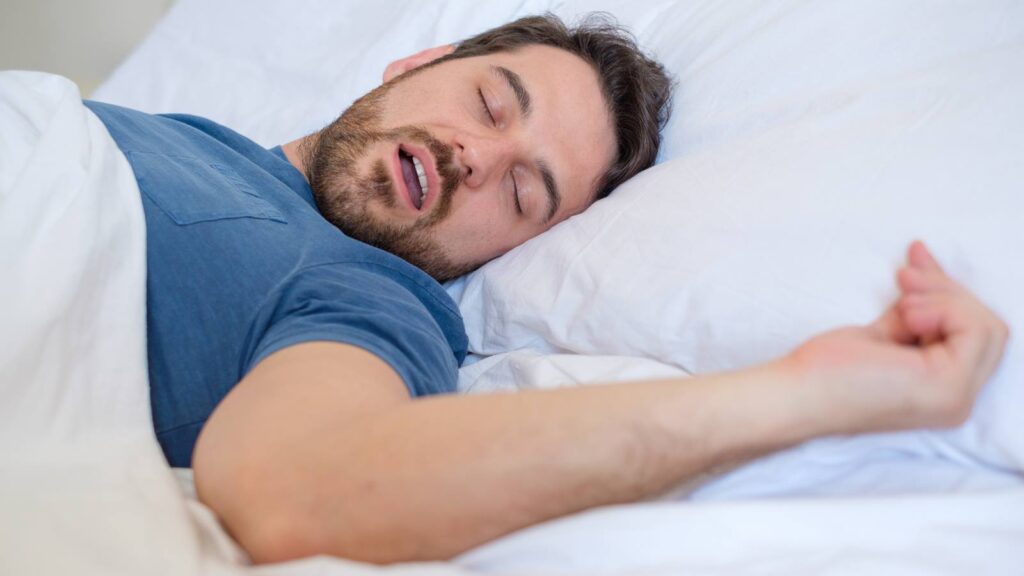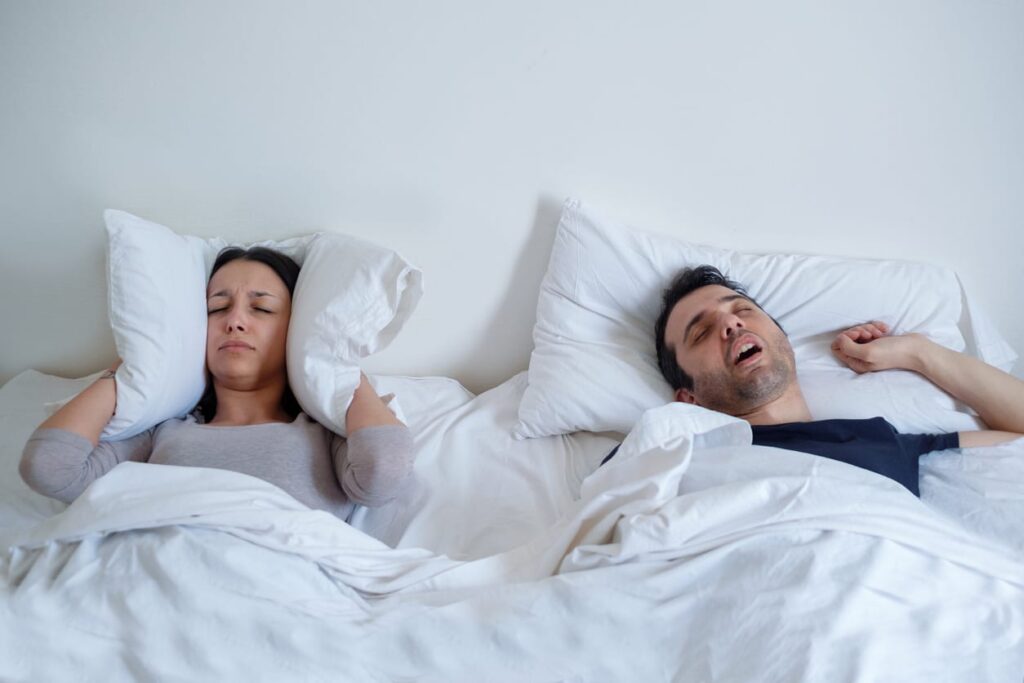There are many people worldwide that suffer from sleep apnea. Sleep apnea Australia is very common that affects millions of citizens. An estimated 5% of Australians suffer from sleep apnea, and the majority of the cases are undiagnosed.
But while millions of Australians suffer from the condition, there are still so many myths and misconceptions about sleep apnea solutions that people treat as facts. And if we’re going to find ways to combat sleep apnea and raise awareness for the condition, it’s important to debunk these myths.
So, here are 7 common myths about sleep apnea that many people believe.
Time to dive in!
If You Snore, You Have Sleep Apnea
Obstructive sleep apnea is the most common type of sleep apnea, and it’s a mechanical issue. Those with obstructive sleep apnea, whether it’s mild or severe obstructive sleep apnea deal have throat muscles that relax too much when they’re asleep. This is what causes loud snoring and wakes them up in the middle of the night. But if you ask any sleep specialist, they’ll tell you that just because you snore, it doesn’t mean you have obstructive sleep apnea.
While snoring is one of the most common symptoms of obstructive sleep apnea, there are many reasons a person may snore. For example, if you have a cold, allergies, or sleep in the wrong position, you could start snoring.
So, if you or your bed partner snore regularly, it doesn’t mean you have obstructive sleep apnea. But if you suspect you suffer from this sleep disorder, contact a doctor for a checkup as soon as possible.

All People With Sleep Apnea Have the Same Experience
One thing you have to know about sleep apnea is that there are various types. We already talked about obstructive sleep apnea (the most common form), but there is another type of sleep apnea that’s a bit more complicated to treat and diagnose. This is called central sleep apnea.
Central sleep apnea involves your central nervous system, as the condition causes your brain to not send out the appropriate signals while you sleep. This can prevent you from breathing properly and get in the way of your sleep schedule.
So, everyone’s experience with sleep apnea is different. Obstructive sleep apnea syndrome and central sleep apnea have some similar symptoms, but they affect people very differently. This is why treating sleep apnea is a highly customised approach that requires a lot of time and effort.
See also: Best Ways to Bring Your CPAP Machine While Travelling
Children Can’t Get Sleep Apnea
Another common misconception about obstructive and central sleep apnea syndromes is that they cannot occur in children. This is far from the truth. Like other sleep disorders, sleep apnea can also affect children. In fact, there are quite a lot of children worldwide that suffer from sleep apnea and require continuous positive airway pressure (CPAP) or other devices to keep their airways open in their sleep.
Again, snoring and daytime sleepiness is a common sign of sleep apnea, and a child may stop breathing in their sleep, causing them to wake up. So, if your child is exhibiting any of these symptoms, contact a doctor for a sleep study as soon as possible.
If You’re At a Healthy Weight, You Don’t Have Sleep Apnea
Those with mild to severe sleep apnea are typically overweight or obese. However, this doesn’t mean that people at a normal weight for their body cannot suffer from sleep apnea. In fact, many people have sleep apnea even if they are at a relatively healthy weight.
So, just because you’re at a healthy weight doesn’t mean you shouldn’t check if you have untreated sleep apnea. Remember, sleep-disordered breathing, and sleep apnea are some of the most common sleep disorders right now. So, if you’re having trouble falling asleep and you breathe at night, you might want to check if you have sleep apnea.
Sleep Apnea Only Occurs in Men
When you look at the numbers, most of the people with moderate sleep apnea and mild sleep apnea are men. However, this doesn’t mean that it’s a ‘men’s disease’. Women can develop sleep apnea as well, even if the condition is more common in men.
If you experience some of the common symptoms of sleep apnea, such as excessive daytime sleepiness, nasal congestion, trouble concentrating during the day, and restless sleep, you may want to contact a specialist right away.

If You Don’t Experience Severe Symptoms of Sleep Apnea, You Don’t Need to Go to the Doctor
Many people believe that they don’t need to see a doctor if they have mild or moderate sleep apnea. This is because you can still get relatively healthy sleep with mild sleep apnea; it just won’t be as often as those that don’t have the condition.
However, just because you think you can manage it doesn’t mean you shouldn’t see a doctor. Sleep is a very important aspect of all our lives, which is why we should always make sure that we fall asleep at the right times and get healthy deep rest every day.
Using a Continuous Positive Airway Pressure Machine Is Bad
A lot of people stay away from CPAP and bilevel-positive airway pressure machines because of the way they look. However, most people with severe obstructive sleep apnea (OSA) vouch for the effectiveness of these machines.
We understand that these machines can sometimes be uncomfortable and unattractive. However, they are one of the most effective ways to keep your airways open and oxygen levels balanced during sleep, and they are one of the most popular sleep apnea treatments available today.
Conclusion
Sleep apnea is a complex condition that exhibits itself in symptoms like difficulty concentrating, only getting light sleep, waking up in the middle of the night, and sleep apnea snores. Since it’s so complex, there are many things that people get wrong about the condition, which leads to lots of misconceptions.
In this article, we highlighted the most common misconceptions about sleep apnea to keep you as informed as possible. Remember, diagnosing sleep apnea and treating it is really complicated, but if we stay informed about the facts, it will be much easier to manage!
Comments are closed



